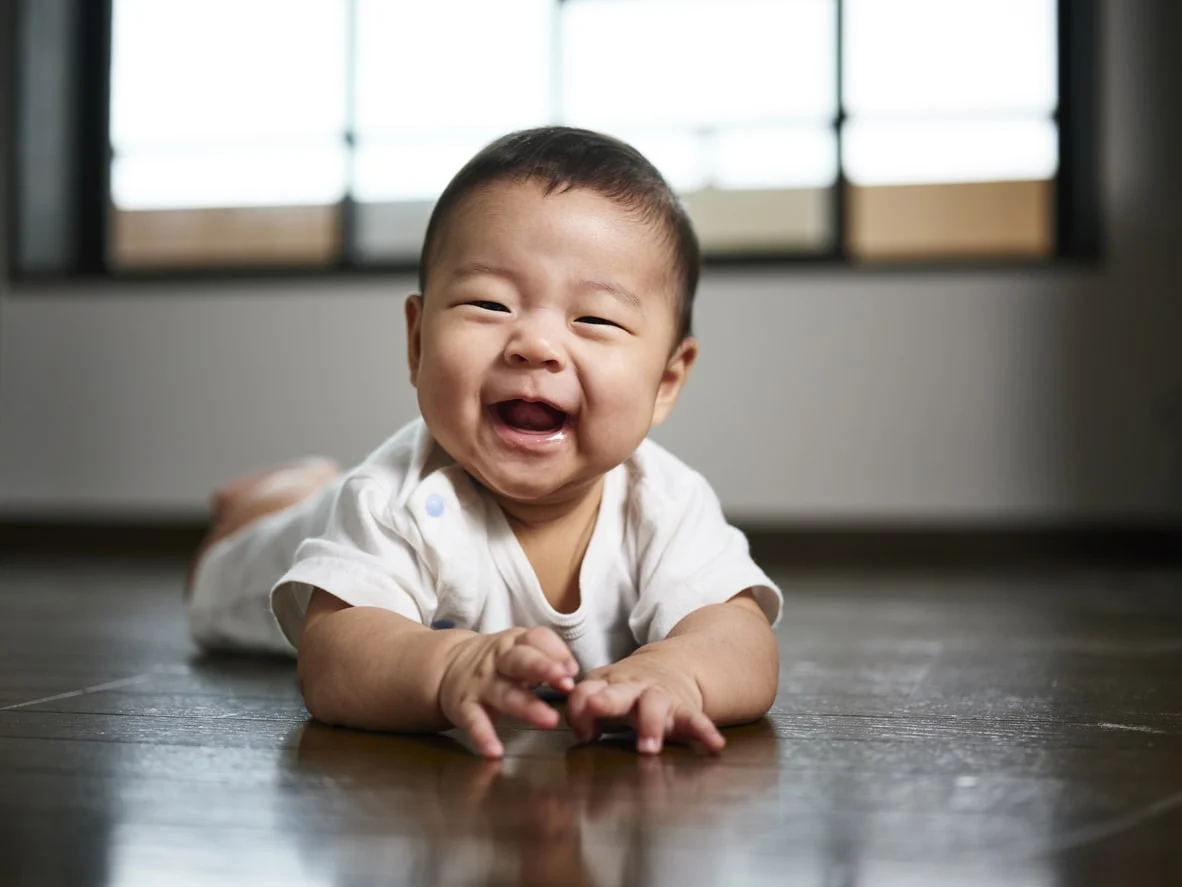It was a little girl. On a chilly afternoon in early 2013, I received the call I had been waiting for. At 12 weeks pregnant, the results from our advanced cell-free DNA test arrived: no genetic abnormalities, no Down syndrome, and definitely no Y chromosome. I instinctively knew it was a girl before the nurse confirmed it, and I couldn’t help but squeal with happiness. “It’s a girl! I can’t believe we’re having a daughter!”
But then, everything changed. At 17 weeks and 4 days, I woke up feeling uneasy. My pajamas were damp, and my heart raced with dread. Something was terribly wrong.
As we made our way to the ER, confusion clouded my mind. My water had broken, and all we could do was wait. My doctor advised bed rest for three days and scheduled a follow-up appointment. My husband was in tears as we gazed at the ultrasound of our tiny baby, but I felt numb, disconnected. This couldn’t be happening to us; surely everything would turn out fine.
I returned home and tried to carry on as usual, knitting a blanket for a friend who was also expecting, pinning freezer meal recipes on Pinterest, and devouring Bringing Up Bébé. I was trapped in denial until the morning of our follow-up appointment. As we drove to the hospital, I sensed a crack in my facade. Deep down, I knew she was leaving me. The ultrasound confirmed my fears: she was still alive, but not for long.
Much of the next 24 hours is a blur, but I do recall a comforting hug from a doctor, the decision to induce labor, and being guided down a long corridor to the birthing suite. I changed into a hospital gown and sat on the bed, feeling like a shell of myself. When the OB nurse entered, chatting about mundane things as if everything was normal, I lost it. I bolted to the bathroom, locked the door, and sobbed harder than I ever had before.
My midwife arrived soon after, and we reached the heartbreaking conclusion that I couldn’t bear to give birth to a child I knew would not survive. A D&E was scheduled for the following day. Weeks later, I received the insurance statement detailing my procedure: “Elective Abortion.”
How could they label it that way? I thought. Abortions are for those who didn’t want their babies, who saw them as mistakes. I lost my daughter; I didn’t choose to end her life! But then it hit me: yes, I did. My husband, my doctors, and I made a choice after considering the medical facts and my emotional well-being. D&C, D&E, abortion—they were all synonymous in my situation. In that moment, I didn’t feel guilt; I felt relief. Thank goodness I had the option. Thank goodness I live in a time where I could express my fears and have them acknowledged.
Why Is This Important?
Because if I had been forced to deliver my daughter, I wouldn’t be the person I am today. I would be more hardened, more timid, and filled with sorrow. I wouldn’t be the joyful mother to my 7-month-old son. For every woman who never wanted kids, there’s another who finds herself overwhelmed by circumstances—too young, without financial support, pursuing education, or like me, unable to face the reality of losing a child she desperately wanted.
For many of us, the choice to abort doesn’t diminish our future ability to be loving mothers; instead, it shapes that journey. Yes, I am a mother, and I’m a damn good one. And yes, I had an abortion.
If you’re interested in exploring more about home insemination and related topics, you might find this post on intracervical insemination insightful. Also, to support your journey, check out this fertility booster for men, which offers expert advice. For additional resources on pregnancy and home insemination, visit this excellent support group.
In Summary
My experience with miscarriage deepened my understanding of abortion rights. It highlighted the importance of choice and support during challenging times. For many women, the decision to terminate a pregnancy can be a defining moment, shaping their future family dynamics and emotional health.
